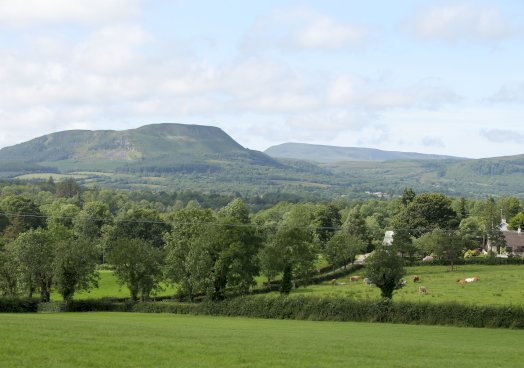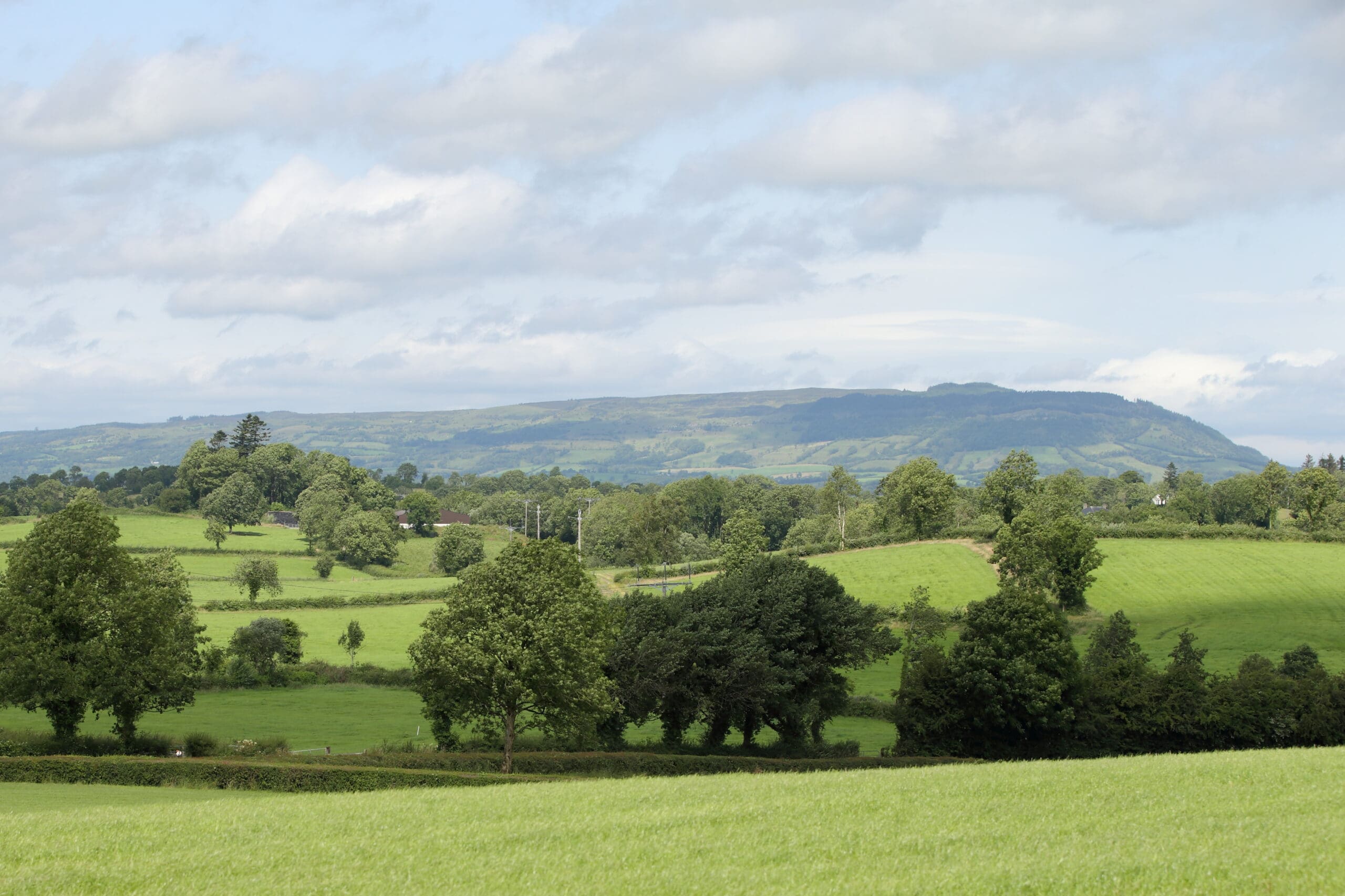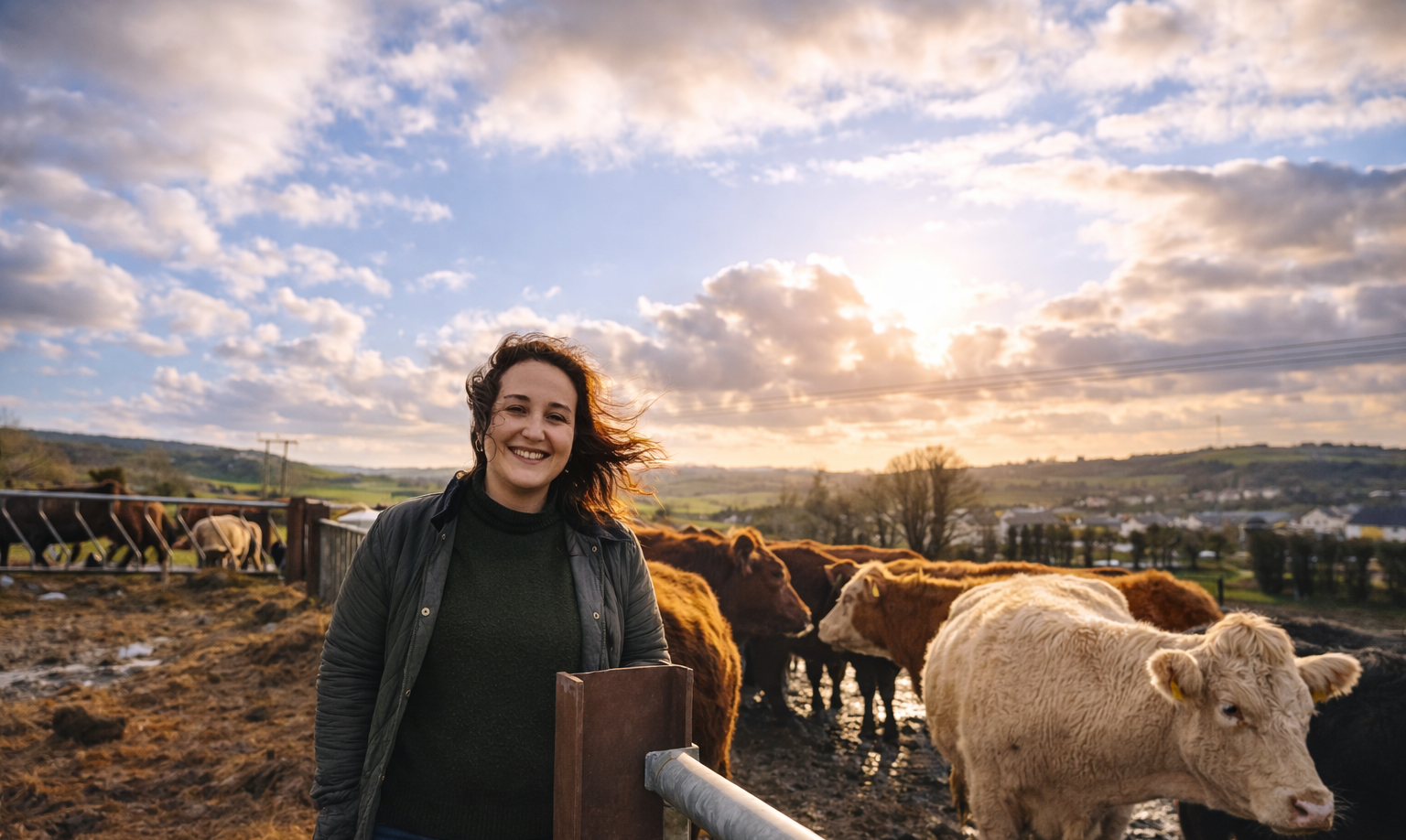
Commodity watch by senior policy officer, Aileen Lawson
Since the New Year the Ulster Farmers’ Union (UFU) environment committee has been focused on climate change. The two climate change bills that were progressing through the Northern Ireland (NI) Assembly created a considerable amount of work for the Union and led to a lot of unnecessary stress and anxiety in rural communities. Instead of following the expert advice of the UK Climate Change Committee, some politicians decided to move away from that with potentially disastrous consequences for the agri-food sector. Thankfully in the end, common sense prevailed with the majority of politicians recognising the importance of high-quality and low emission food production in NI and supported a methane amendment. Despite this, the legislation will remain a considerable challenge for agriculture and will require changes for all of society if NI has any chance of meeting the very ambitious targets that have been agreed. The focus now will be on how the various targets and measures will be delivered in NI and the Union will be engaging in these discussions in the months ahead, fighting for a sensible balance between reducing emissions and supplying high quality food to consumers.
Despite climate change being a central part of the Union work this year so far, there are other environmental issues that we should not lose sight of.
Maintaining and improving biodiversity on farms is likely to be at the forefront of environmental policy in the next NI Assembly mandate. The UK Government have signed up to nature targets that will require more action across the UK. A new Biodiversity Strategy for NI is being developed and future agriculture support will include a ‘Farming with Nature’ element. Currently the Environmental Farming Scheme (EFS) is still in place with over 5000 farmers in NI holding an EFS agreement and carrying out additional environmental works. Tranche six of the higher scheme is currently open for application with wider applications being sought later this year.
Ammonia was a key focus for farmers before the pandemic and this issue has not disappeared despite the fact it is no longer making the farming headlines. Ammonia is not a greenhouse gas and sits outside of climate change legislation. While the industry was expecting a consultation on an Ammonia Strategy and revision to planning operational policy on ammonia, this was not launched prior to the NI Assembly being dissolved. Obtaining planning permission for livestock buildings on farms close to designated sites remains challenging with some applications stalled in planning now for years without any progress. A consultation is likely when the new NI Assembly returns and there will be a requirement for reductions in ammonia emissions from all farms. Encouragingly there has been significant uptake of Low Emission Slurry Spreading Equipment (LESSE) on farms which will help address this problem.
The current Nutrients Action Programme (NAP) 2019-2022 is due for a further review this year. However, this time the process will be different as in previous years consultation with the EC was a key part of the review and will no longer be required. The NAP is focused on delivering improvements to water quality and the rules that have been imposed on farms over the years have resulted in some improvement. The UFU environment committee will be engaging in this process to ensure any changes are practical and deliverable.
The Soil Nutrient Health Scheme will start to roll out next month. NI has been split into four zones and the scheme will roll out through the zones over the next four years with farmers in the south east of the country first offered the opportunity to obtain free soil testing for their fields. The UFU has been supportive of this initiative and more information on the application process will be available in the coming weeks.
When (if) the NI Assembly returns after the election, MLAs will drive forward agriculture and environment policy for the next four years. The UFU environment committee will ensure that the views of farmers on these issues are kept to the fore and will continue to work for members to deliver the best outcomes for agriculture and the environment.




